- ON THE DECADE
- THE DECADE'S CAMPAIGN
- REPORTING ON PROGRESS
- THE DECADE'S PROGRAMMES
- FOCUS AREAS
-
- Access to sanitation
- Financing water
- Gender and water
- Human right to water
- Integrated Water Resources Management
- Transboundary waters
- Water and cities
- Water and energy
- Water and food security
- Water and sustainable development
- Water and the green economy
- Water cooperation
- Water quality
- Water scarcity
- FOCUS REGIONS
- RESOURCES FOR
- UN e-RESOURCES
2015 UN-Water Annual International Zaragoza Conference. Water and Sustainable Development: From Vision to Action. 15-17 January 2015
Interviews with Conference Participants
Alice Bouman-Dentener, Women for Water Partnership

Alice Bouman-Dentener, Women for Water Partnership
"That the role of civil society in achieving the water goal is strengthened and the gender-water-development nexus is acknowledged for its potential to drive changes from within."
Aziza Akhmouch, OECE Water Governance Programme
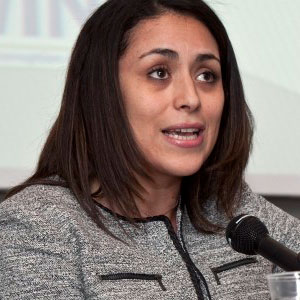
Aziza Akhmouch, OECE Water Governance Programme
"As a "tool coordinator" for the topic of governance, institutions, and legal frameworks, my role at the Zaragoza conference will be to chair the concluding session on governance. Together with the stakeholder sessions’ rapporteurs and the audience, we will look back at the key messages from the different parallel sessions to discuss how business, academia, civil society and governments can contribute to the effective implementation of the water-related Sustainable Development Goal. We will strive to diagnose the most critical governance challenges and identify the needed tools to set-up enabling multi-stakeholder governance frameworks for achieving the water SDG."
Blanca Jiménez, Vice- president of UN-Water

Blanca Jiménez, Vice- president of UN-Water
"The water situation is getting worse: we need more ambitious goals."
B. Fazila Dahall
B. Fazila Dahall, Executive Producer/Presenter programmes (English/French), Johannesburg, South Africa
"My work involves the following: conception, research, script, conduct interviews, produce, edit and present. So, it’s all those components that make a good finished product. My work has been acknowledged by my peers in the form of awards and both English and French programmes generate public response".
Fredrick Mugira
Fredrick Mugira, Coordinator and Editor Water Journalists Africa Network
"Scientific research from experts in the water/sustainable development/environment areas. Whereas such researches are very important, it remains tough to sell them to editors because most researchers use jargons, complex, boring and hard to understand terms in their researches and/or press releases".
Carlo Galli
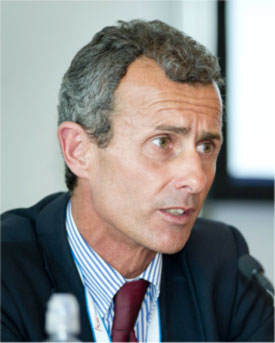
Carlo Galli, Technical and Strategic Adviser for Water Resources at Nestlé’s Corporate Head Office in Vevey, Switzerland
"I hope, in particular, that this conference can help local governments with clear guidance and tools on how to systematically set up and enforce water stewardship programs and partnerships at local levels that also involve participation of other key stakeholders from civil society and private sector ".
Ilias Sawadogo, Africa Coordinator of the World Youth Parliament for Water
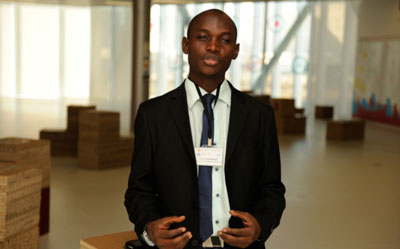
Ilias Sawadogo, Africa Coordinator of the World Youth Parliament for Water
"Water is an intergenerational issue. We must build bridges for young people to be trained and become involved in water issues ".
Ivanise Aparecida Pachane Milanez
Ivanise Aparecida Pachane Milanez, Assessora de Comunicação da Agência das Bacias PCJ, Brazil, São Paulo, Piracicaba.
"We work with the management of water resources in the PCJ Basins. Since the Agency PCJ Basins manages the resources of the PCJ charges for the use of water resources".
Joan Clos
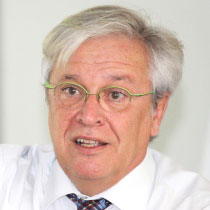
Joan Clos, UN-Habitat Executive Director
"The good news is that urbanisation provides an opportunity for us in service provision. Through proximity, providing water in urban areas is easier, cheaper and more efficient than to remote and spread out rural areas. As the world becomes more urban, we need to plan in advance for the services that will be needed by rapidly growing cities in developing countries".
José Gesti, Water and Sanitation Specialist, UNICEF
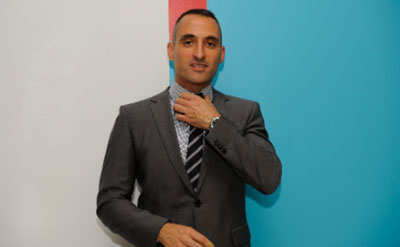
José Gesti, Water and Sanitation Specialist, UNICEF
"It makes no sense to provide latrines to communities if they don’t see it as a benefit."
Jerry Van Berge
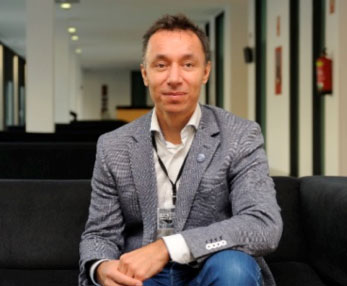
Jerry Van Berge, European Federation of Public Service Unions (EPSU)
"We achieved 1.8 million signatures to have the European legislation incorporate the human right to water".
John Matthews
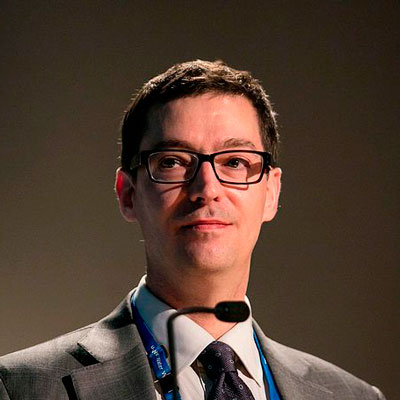
John Matthews, Alliance for Global Water Adaptation (AGWA)
"My expectations are that I hope to see insights from distinct silos in the water community that are rarely placed in substantive contact with one another. The private sector, people that work at a really strategic level at an operational level meeting with their counterparts in the public sector and in civil society and that we can together share some of the approaches and tools and methodologies and hopefully real insights and perspectives can be shared and developed".
Joyce Chimbi
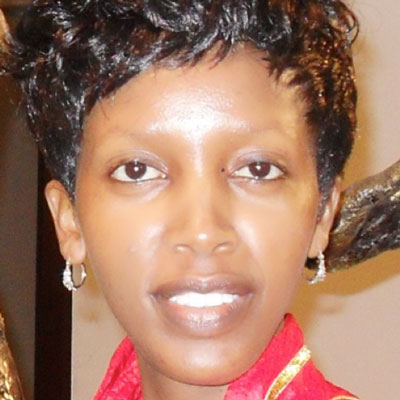
Joyce Chimbi, Journalist/Sub-editor, Africa/Kenya
"A perceived lack of public interest. I live and work in a country that lives/eats/ and talks politics. There is a perception that politics is the only topic that matters to ordinary Kenyans, where four in every ten of them live below the poverty line. But as communicators and journalists continue to break this barrier, it is emerging that since this is an agri-economy, many Kenyans, even those in urban areas, are interested in environment and sustainable development issues particularly as the concept of green economy begins to gain momentum. Organic farming for instance is becoming a major area of interest".
Kate Eleyi Obande
Kate Eleyi Obande, Reporter, News Agency of Nigeria (NAN) Independence Avenue, Central Business District, Abuja, Federal Capital Territory, Nigeria, West Africa.
"I have worked persistently on reporting news stories on radio and print on the need for increased water access in Nigeria being the most populous black nation in Africa with a population of over 100 million out of the 170 million people lacking clean, safe water".
Leo Héller

Leo Héller, United Nations Special Rapporteur on the human right to safe drinking water and sanitation
"The UN-Water Conference in Zaragoza was my first engagement in an international meeting since I took up the mandate of the UN Special Rapporteur on the human right to safe drinking water and sanitation last December. It was a great opportunity for me to meet with colleagues of UN-Water and its partners and to learn more about their work. I am also grateful for the opportunity to share my preliminary vision and focus areas for the mandate with a wide range of people working in the water and sanitation sector".
Luis Simas
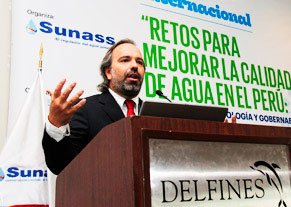
Luis Simas, The Water and Waste Services Regulation Authority, Water Quality Department, Portugal
"Our main expectation is to see if the Portuguese experience can somehow help other countries to achieve a good level of drinking water quality".
Mai-Lan Ha
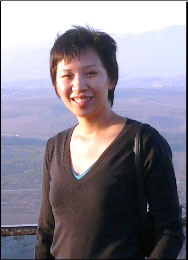
Mai-Lan Ha, Pacific Institute/CEO Water Mandate
"The Zaragoza conference provides a unique platform for the different sectors, public, private, civil society, and academia to share concrete practices that they are undertaking to help meet water related SDGs ".
Marianne de Nazareth

Marianne de Nazareth, journalist, India
"I write stories on water issues for a variety of online and print media. The Hindu, which is one of India's top newspapers, regularly publishes my work ".
Meenakshi Shedde
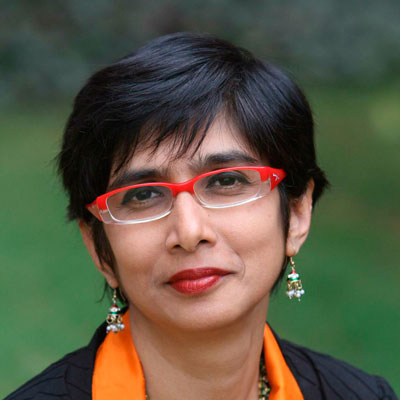
Meenakshi Shedde, Freelance Journalist, Mumbai, India
"Hard to say, as most of my work was project-related, and the results were internal reports rarely communicated to me, even when I asked. However, from experience, I’d say my work for the World Bank’s Water and Sanitation Program South Asia, which included best practices worldwide and India guidance notes, as well as small projects like Women Managing Water: Inspiring Stories from South Asia, did a lot to inspire other women working at the grassroots in water issues".
Mohammad Faridur Rahaman
Mohammad Faridur Rahaman, Senior Correspondent, Dhaka, Bangladesh
"I’ve filed few stories on water scarcity in our country due to salinity and I believe those touched our audience! I filed few reports on water sharing disputes and the diplomacy, were equally accepted by the audiences".
Paul Reig, World Resources Institute
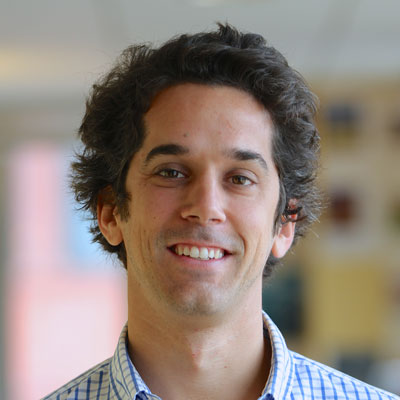
Paul Reig, World Resources Institute
"I think what I’d like to see come out of the conference is a set of recommendations on tools and guidelines that are available in the public domain based on the experience of different stakeholder groups in using those for their own purposes. Basically looking to see how different stakeholder groups can share their experience by using tools and guidelines to improve water resources management and particularly highlighting those that could help implement SDGs."
Ranjita Biswas
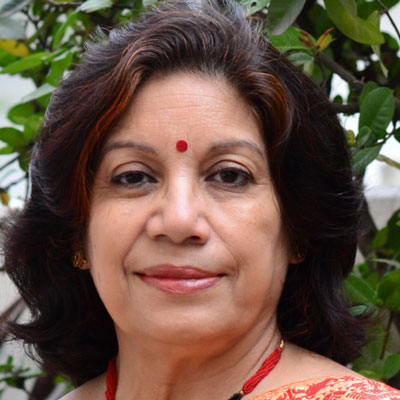
Ranjita Biswas, Media/Author Brahmaputra and the Assam Valley, India
"I have been reporting, editing copies by other writers on environ in my capacity as editor of the feature service I run (Trans World Features: www.twfindia.in) and also do research on water-related issues".
>> Conveners and partners
>> Objectives and expected outcomes
>> Conference flyer
>> Agenda
>> Structure
>> Participants
>> Accommodation
>> Travelling to Zaragoza
>> Your stay in Zaragoza
>> Map
>> Rio+20
>> Water and sustainable development
>> Global commitments on water
>> A post-2015 global goal for water
>> Water and the Open Working Group (OWG)
>> The role of actors involved
>> Capacity development
>> Financing and economic instruments
>> Governance frameworks
>> Technology
>> Water, Sanitation and Hygiene (WASH)
>> Water Resources Management
>> Water Quality
>> Risk management
>> Technical visit: La Cartuja
>> Technical visit: The Ebro River Basin Authority and its Automatic System for Hydrologic Information (SAIH)
>> Technical visit: Expo + Water Park
>> New sources: Wastewater reuse
>> Local level actions in decentralized water solidarity towards the achievement of the Sustainable Development Goals
>> Water Footprint Assessment
>> Technological advances and Water Policy
>> Cultivando Agua Boa Programme
>> CODIA and water and energy in LAC
>> The fulfillment of the human right to water and sanitation
>> Achieving sustainable water for all in LAC
>> Achieving water security for Asia and the Pacific
>> Ensuring implementation of the water-related SDGs in Europe
>> Setting the scene
>> Academia
>> Business
>> Civil society
>> Governments and local authorities
>> Media and Communicators
>> Multi-stakeholder dialogue on tools for implementation
>> Cases
>> Conference daily
>> Conference Communications Report
>> Discussion forum
>> Information briefs on Water and Sustainable Development
>> Interviewing conference participants
>> Overview Papers
>> Presentations from participants
>> Session Reports
>> Tool Papers
>> Toolbox
>> Twitter Activity Report
>> Video recording of sessions
>> Video interviews with conference participants
Copyright | Terms of use | Privacy notice | Site Index | Fraud alert | Help





